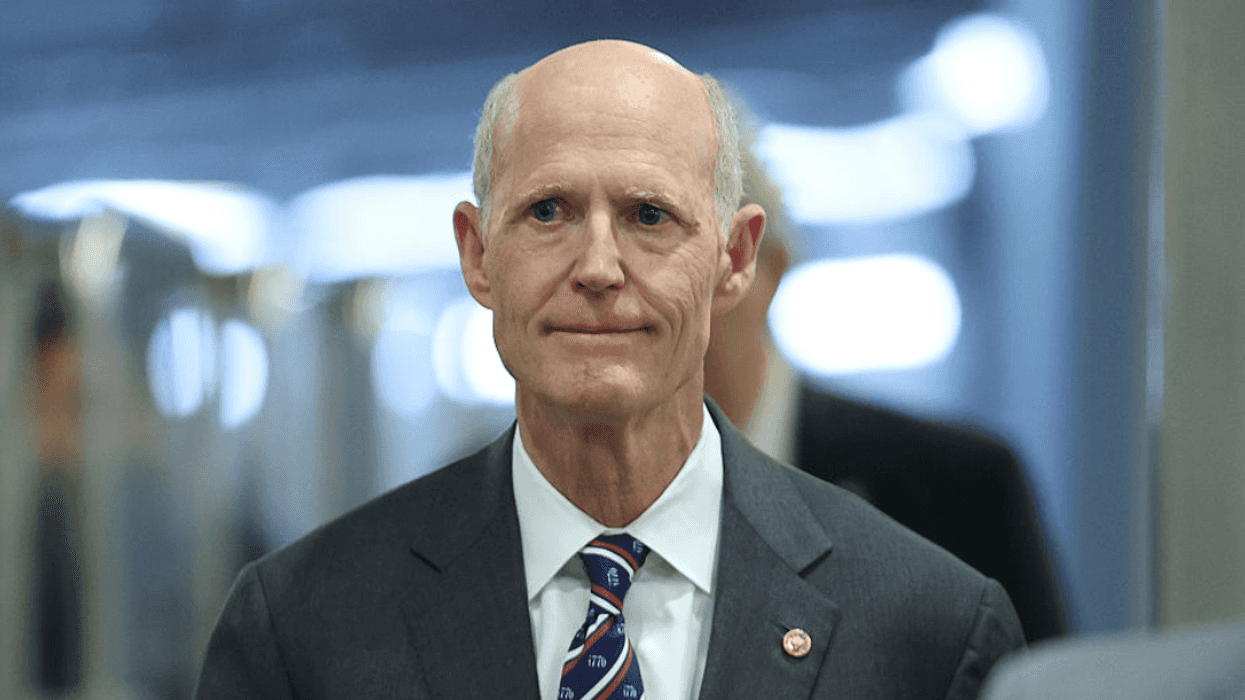President Donald Trump lashed out on Twitter last night over memos written by former FBI director James Comey that detail a series of phone calls and encounters between the two men in the months leading up to Comey’s termination.
The declassified memos––15 pages in total, which you can read HERE––were sent to Congress from the Justice Department last night, at the urging of top Congressional Republicans who felt the memos would benefit Donald Trump's case in the Mueller probe.
The three Republicans––Representative Robert W. Goodlatte, Chairman of the Judiciary Committee, Representative Devin Nunes of the Intelligence Committee, and Representative Trey Gowdy of the Oversight Committee––believe the memos prove the president wanted an investigation, and, as they made clear in a statement:
We have long argued former Director Comey's self-styled memos should be in the public domain, subject to any classification redactions. These memos are significant for both what is in them and what is not.Former Director Comey's memos show the President made clear he wanted allegations of collusion, coordination, and conspiracy between his campaign and Russia fully investigated. The memos also made clear the ‘cloud’ President Trump wanted lifted was not the Russian interference in the 2016 election cloud, rather it was the salacious, unsubstantiated allegations related to personal conduct leveled in the dossier.
The memos also show former Director Comey never wrote that he felt obstructed or threatened. While former Director Comey went to great lengths to set dining room scenes, discuss height requirements, describe the multiple times he felt complimented, and myriad other extraneous facts, he never once mentioned the most relevant fact of all, which was whether he felt obstructed in his investigation.
Clearly, Trump agrees, as his tweet last night indicates.
Representative Elijah Cummings, the top Democrat on the House Oversight Committee, has a different view:
“President Trump’s interference was a blatant effort to deny justice, and director Comey was right to document it as it happened in real time.”
Social media also erupted.
Writing for CNN, analyst Stephen Collinson observes:
The Comey memos suggest Trump has a scattershot and self-obsessed mindset, brooding about his subordinates, leaks, his campaign and his inaugural crowd size and not appreciating or caring about protocol boundaries that separate the White House and the Justice Department.Furthermore, the conversations with Comey soon after Trump moved into the White House paint a picture of a new President more concerned with own fortunes than the burden of his new responsibilities.
Indeed, one of Comey's more damaging accounts tells of the time he noted the president’s pointed obsession with the allegations described in the controversial dossier compiled by former British intelligence agent Christopher Steele, which includes a graphic account of Trump’s sexual encounter with prostitutes during a 2013 trip to Moscow. The dossier raises the possibility that the encounter––including moments when Trump and the women engaged in water sports––could have been caught on video.
Trump, Comey wrote, began "talking about all the women who had falsely accused him of grabbing or touching them... and gave me the sense he was defending himself to me."
They are remarkably specific; Comey even detailed who was sitting where, the precise times that conversations began and their durations. Comey also noted, in some cases, that he'd shared his accounts with others immediately afterward.
The president fired Comey on May 9, 2017, an action which, many legal experts say, constitutes grounds for an investigation of Trump for possible obstruction of justice. A New York Times report the following Monday revealed that Trump asked Comey to halt the criminal investigation into Michael Flynn, his former national security advisor. (Flynn would later plead guilty to lying to federal investigators about his conversations with Sergey Kislyak, the former Russian ambassador to the United States.)
“I hope you can see your way clear to letting this go, to letting Flynn go,” Trump told Comey, according to a memo Comey wrote immediately after the meeting, which took place the day after Flynn resigned. “He is a good guy. I hope you can let this go.”
Comey wrote the memo detailing his conversation with Trump as part of a paper trail documenting the president’s “improper” efforts to impede the continuing investigation.
The release of the memos––which come the same week as the release of Comey's book, A Higher Loyalty: Truth, Lies & Leadership, which paints an unflattering picture of the president and his administration––has appeared to push limits for a president many already see as overly combative.
"James Comey Memos just out and show clearly that there was NO COLLUSION and NO OBSTRUCTION," the president insisted on Twitter. He added: "Also, he leaked classified information. WOW! Will the Witch Hunt continue?"
As incensed as the president seemed, his presidential counselor, Kellyanne Conway, had the opposite reaction, telling Fox News that "People have been calling for transparency and accountability."
Although select lawmakers have been allowed to view redacted versions of the memos at the Justice Department, three House Republican committee chairmen requested that they be sent to Congress. They indicated they would not hesitate to issue a subpoena if Rod Rosenstein, the deputy attorney general, did not comply.
In a statement, the men impugn both Comey's character and the memos. They say the documents prove Comey was "blind with biases" and "motivated by animus":
We have long argued former Director Comey's self-styled memos should be in the public domain, subject to any classification redactions. These memos are significant for both what is in them and what is not.Former Director Comey's memos show the President made clear he wanted allegations of collusion, coordination, and conspiracy between his campaign and Russia fully investigated. The memos also made clear the ‘cloud’ President Trump wanted lifted was not the Russian interference in the 2016 election cloud, rather it was the salacious, unsubstantiated allegations related to personal conduct leveled in the dossier.
The memos also show former Director Comey never wrote that he felt obstructed or threatened. While former Director Comey went to great lengths to set dining room scenes, discuss height requirements, describe the multiple times he felt complimented, and myriad other extraneous facts, he never once mentioned the most relevant fact of all, which was whether he felt obstructed in his investigation.
The memos also make certain what has become increasingly clear of late: former Director Comey has at least two different standards in his interactions with others. He chose not to memorialize conversations with President Obama, Attorney General Lynch, Secretary Clinton, Andrew McCabe or others, but he immediately began to memorialize conversations with President Trump. It is significant former Director Comey made no effort to memorialize conversations with former Attorney General Lynch despite concerns apparently significant enough to warrant his unprecedented appropriation of the charging decision away from her and the Department of Justice in July of 2016.
These memos also lay bare the notion that former Director Comey is not motivated by animus. He was willing to work for someone he deemed morally unsuited for office, capable of lying, requiring of personal loyalty, worthy of impeachment, and sharing the traits of a mob boss. Former Director Comey was willing to overlook all of the aforementioned characteristics in order to keep his job. In his eyes, the real crime was his own firing.
The memos show Comey was blind to biases within the FBI and had terrible judgment with respect to his deputy Andrew McCabe. On multiple occasions he, in his own words, defended the character of McCabe after President Trump questioned McCabe.
Finally, former Director Comey leaked at least one of these memos for the stated purpose of spurring the appointment of Special Counsel, yet he took no steps to spur the appointment of Special Counsel when he had significant concerns about the objectivity of the Department of Justice under Attorney General Loretta Lynch.
As we have consistently said, rather than making a criminal case for obstruction or interference with an ongoing investigation, these memos would be Defense Exhibit A should such a charge be made.

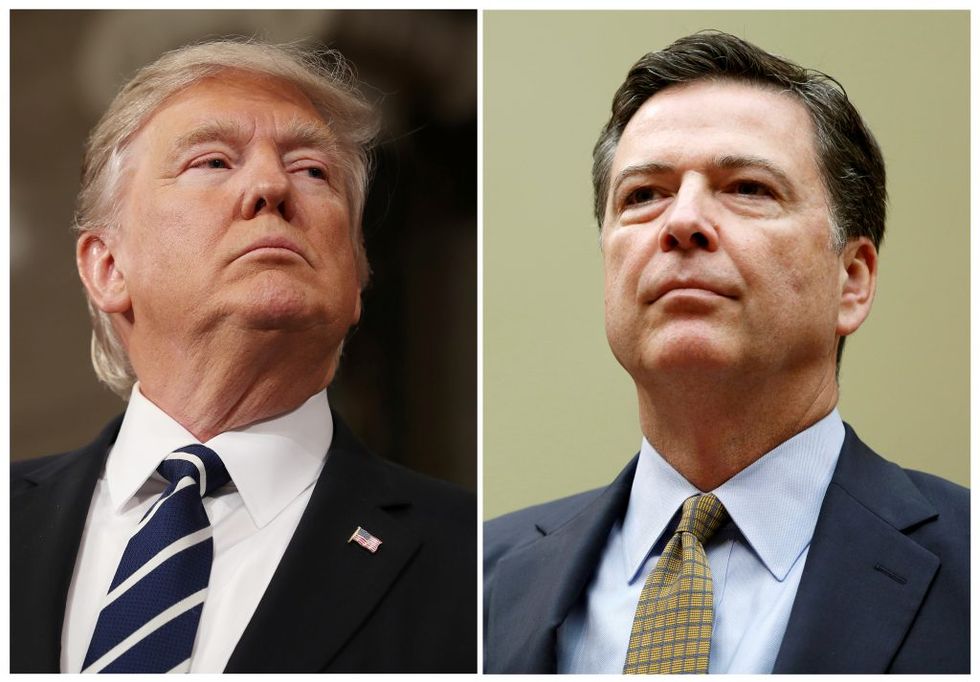

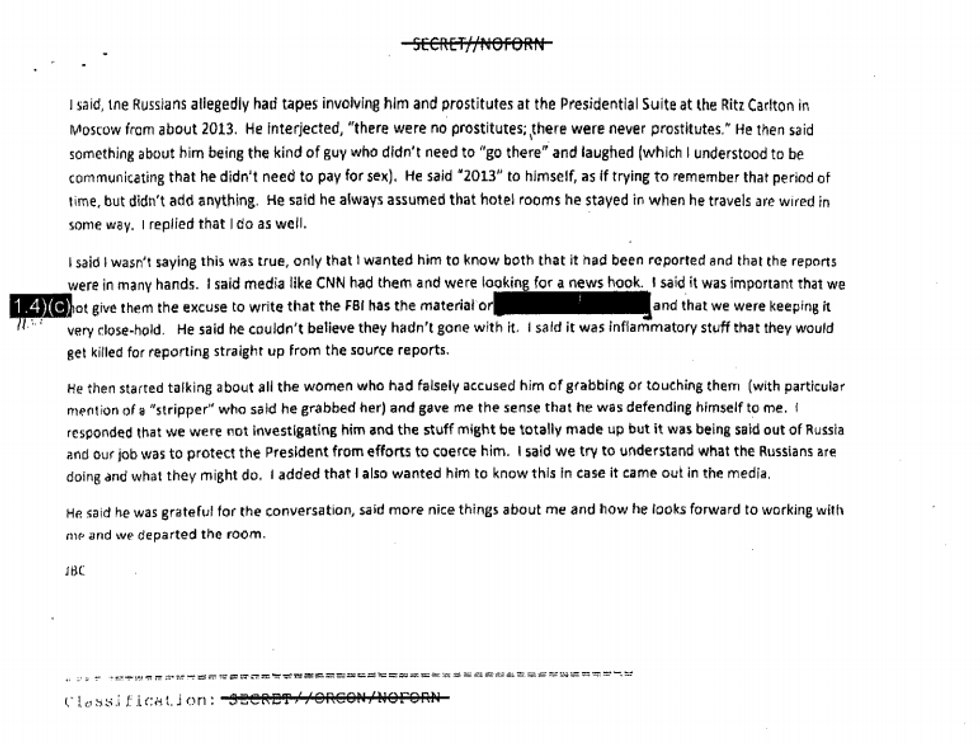
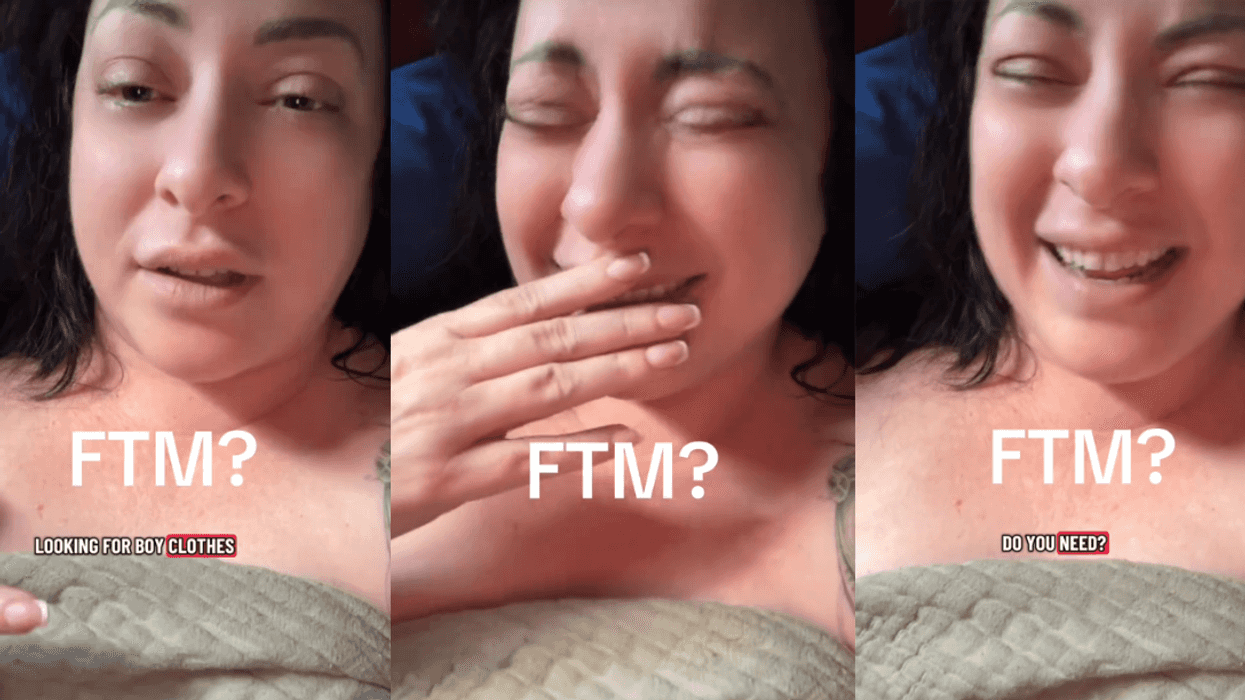



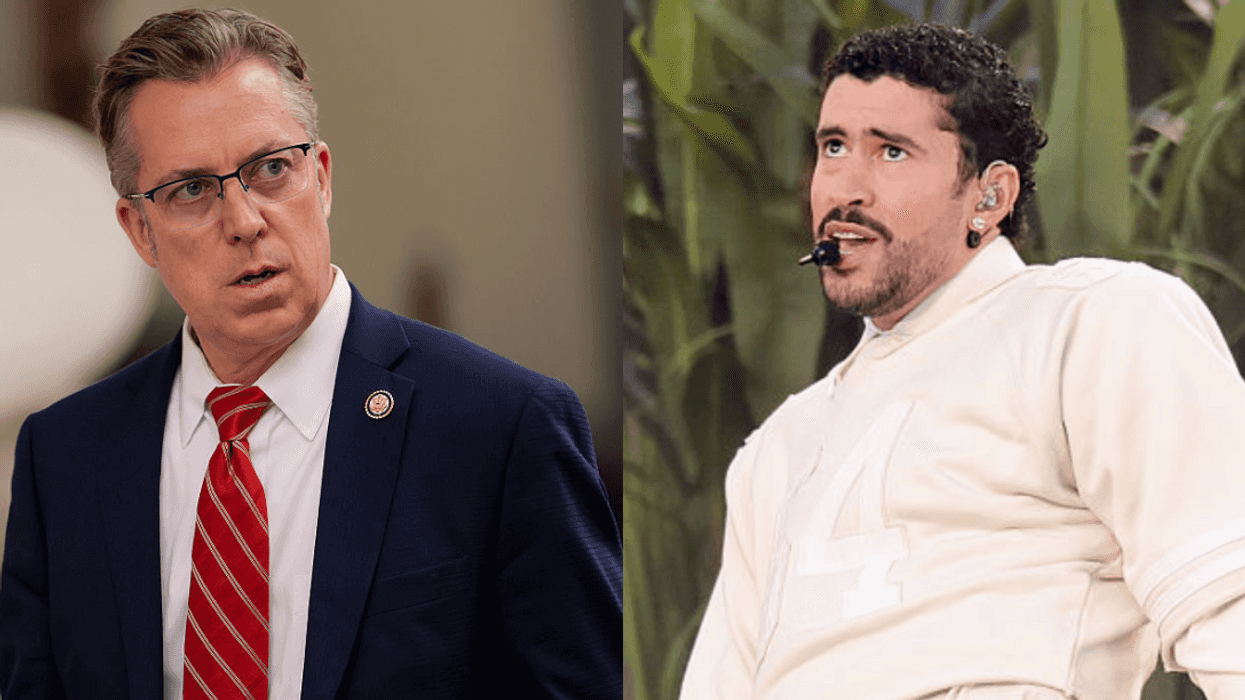
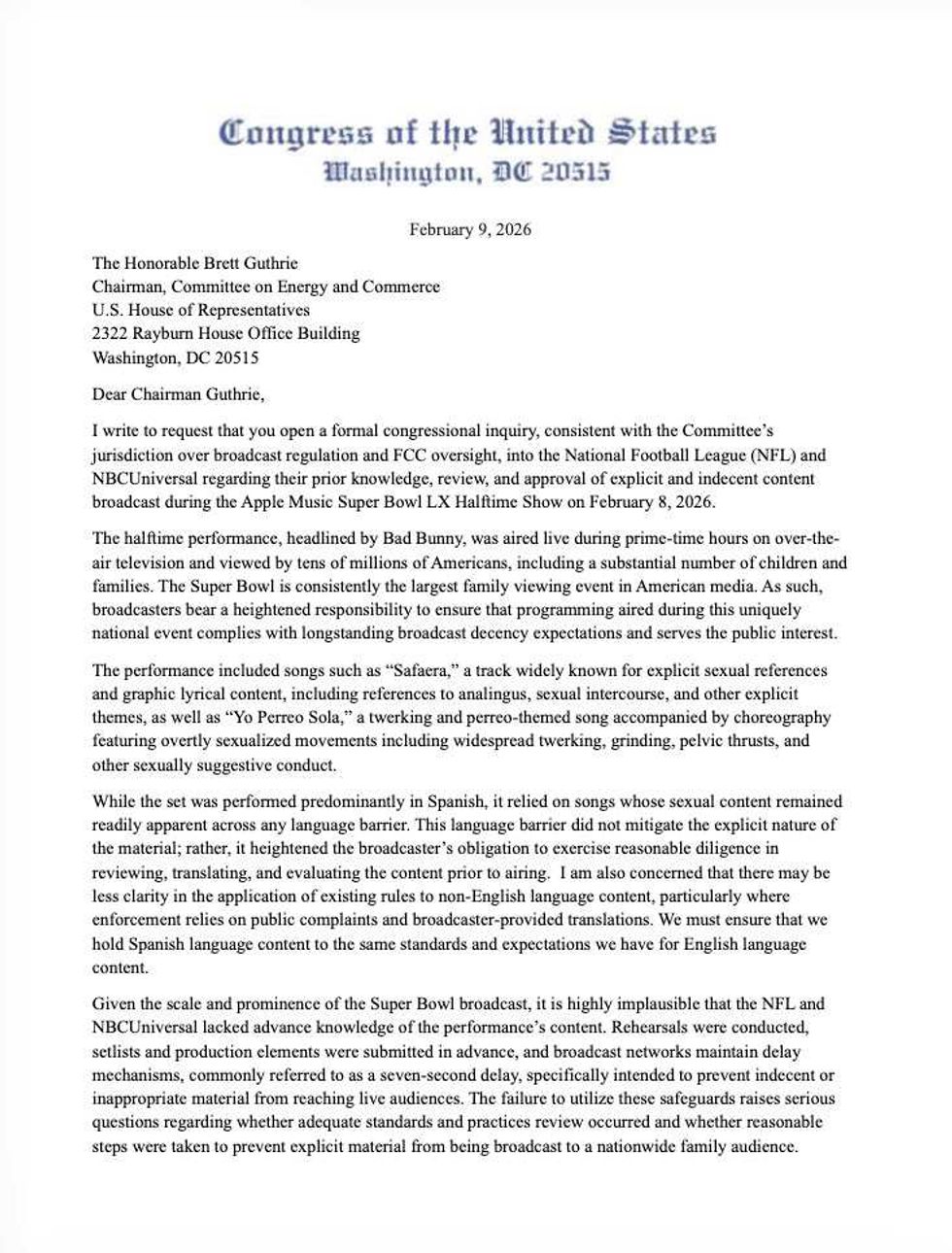 @RepOgles/X
@RepOgles/X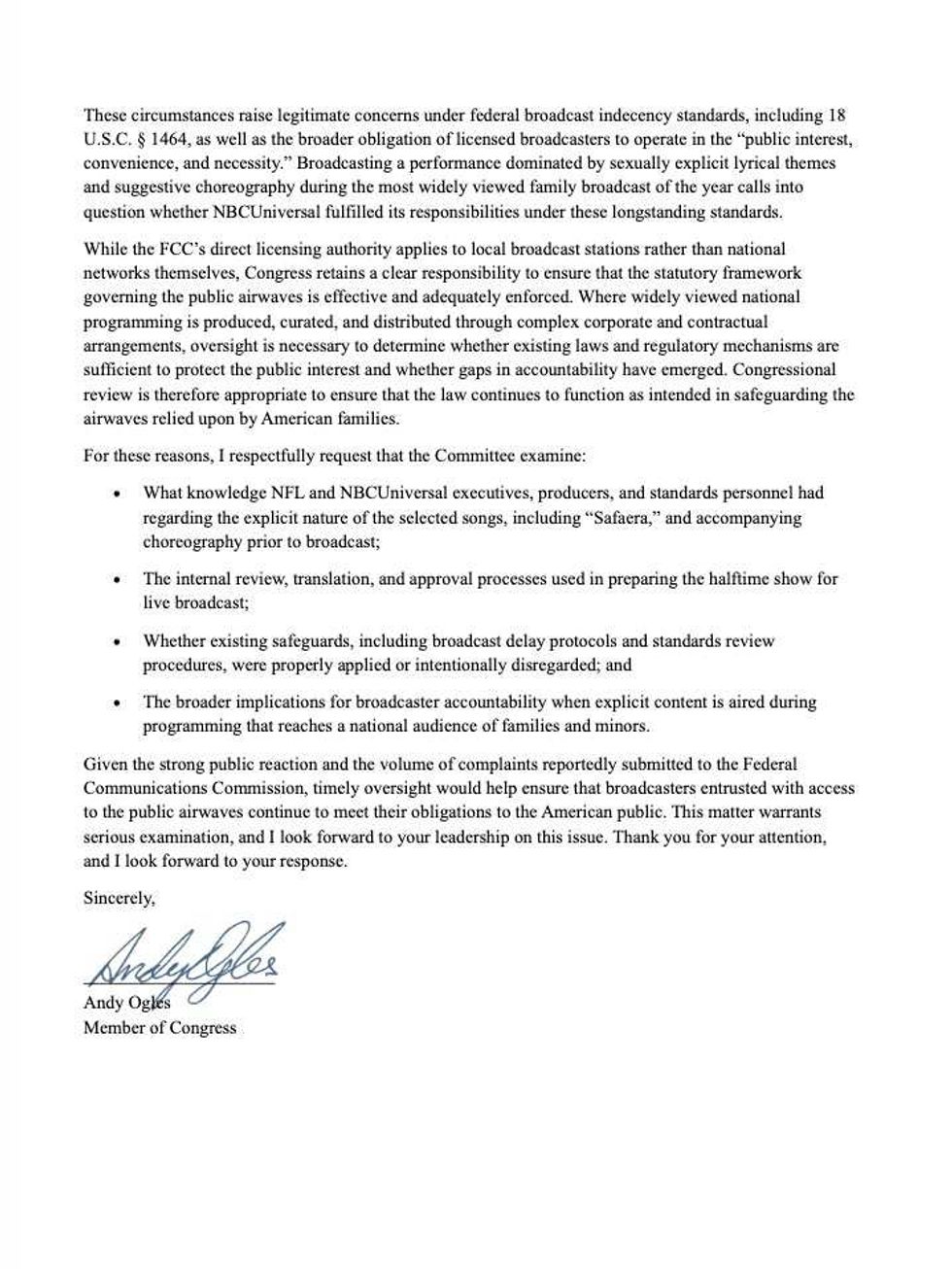 @RepOgles/X
@RepOgles/X




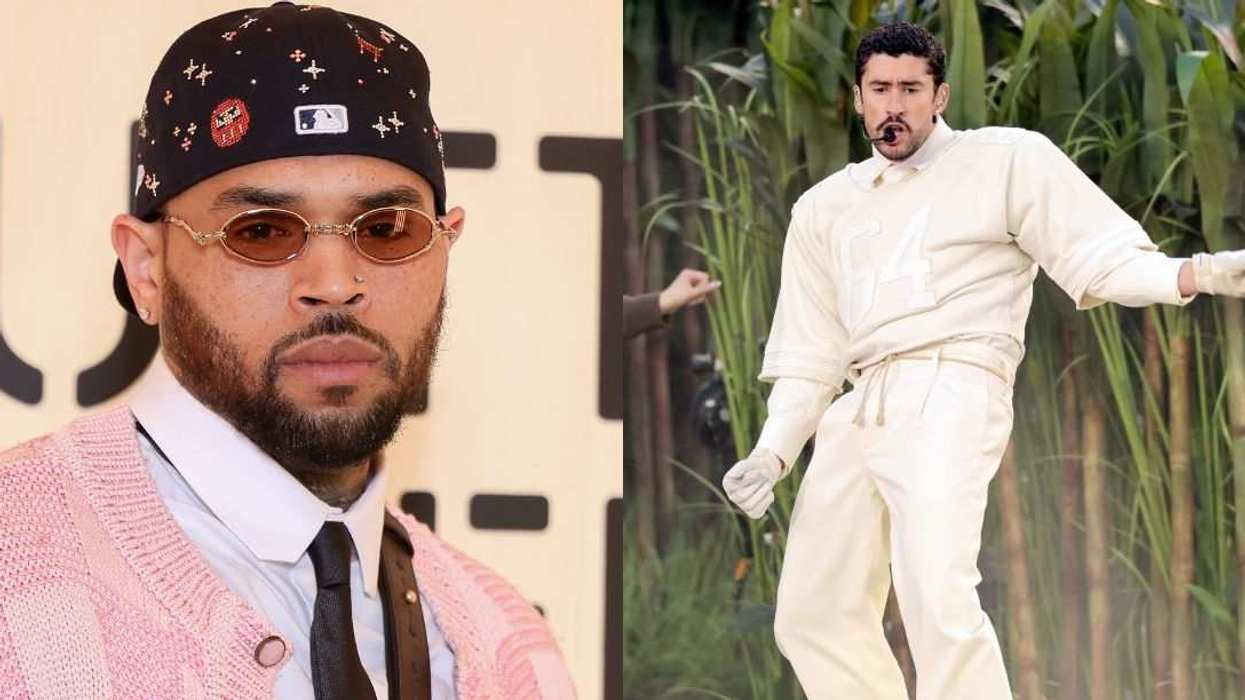
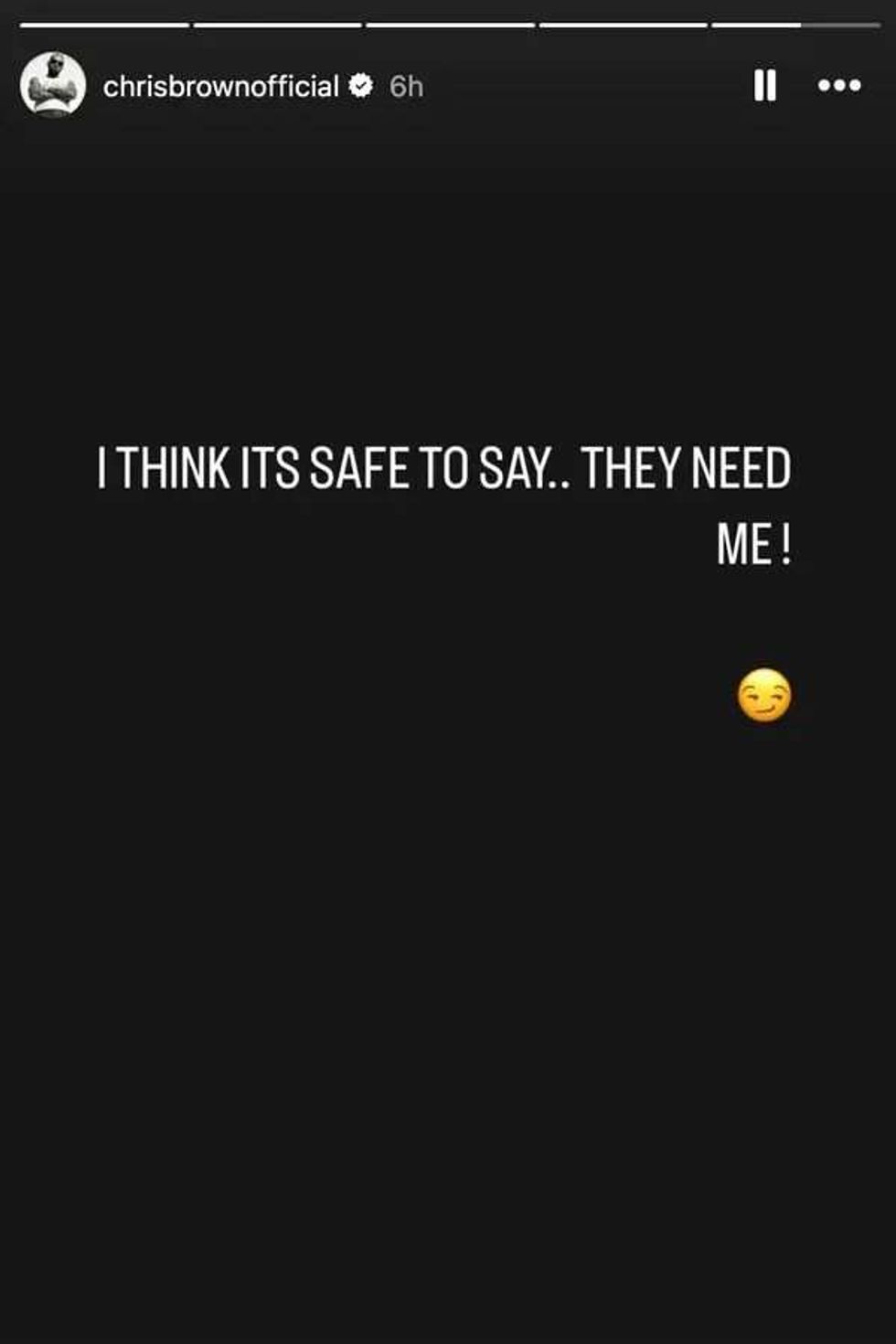 @chrisbrownofficial/Instagram
@chrisbrownofficial/Instagram u/oatlatt/Reddit
u/oatlatt/Reddit u/LoveTheAhole/Reddit
u/LoveTheAhole/Reddit u/SoFetch89/Reddit
u/SoFetch89/Reddit u/00trysomethingnu/Reddit
u/00trysomethingnu/Reddit u/kittybuscemi/Reddit
u/kittybuscemi/Reddit u/___nic/Reddit
u/___nic/Reddit u/WaterMagician/Reddit
u/WaterMagician/Reddit u/west-brompton/Reddit
u/west-brompton/Reddit u/GhostlySpinster/Reddit
u/GhostlySpinster/Reddit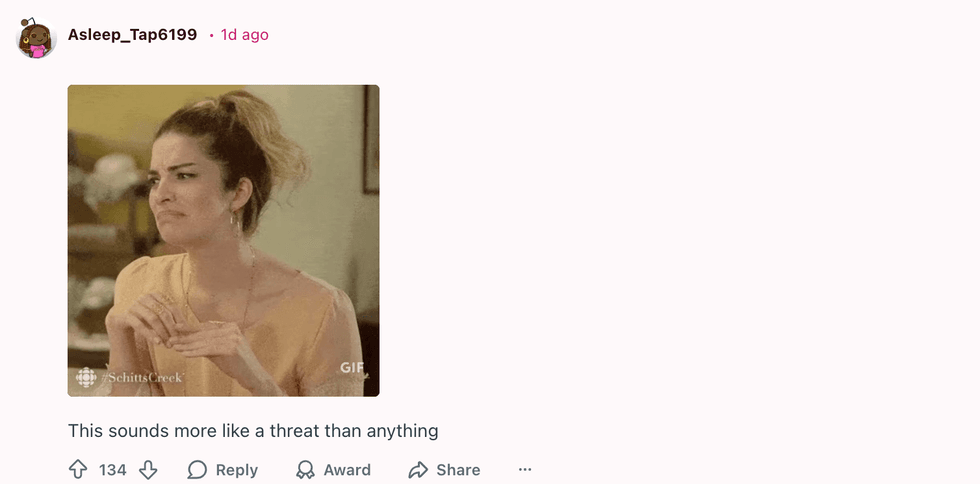 u/Asleep_Tap6199/Reddit
u/Asleep_Tap6199/Reddit u/afreudtolove/Reddit
u/afreudtolove/Reddit u/myfriendtoldmetojoin/Reddit
u/myfriendtoldmetojoin/Reddit
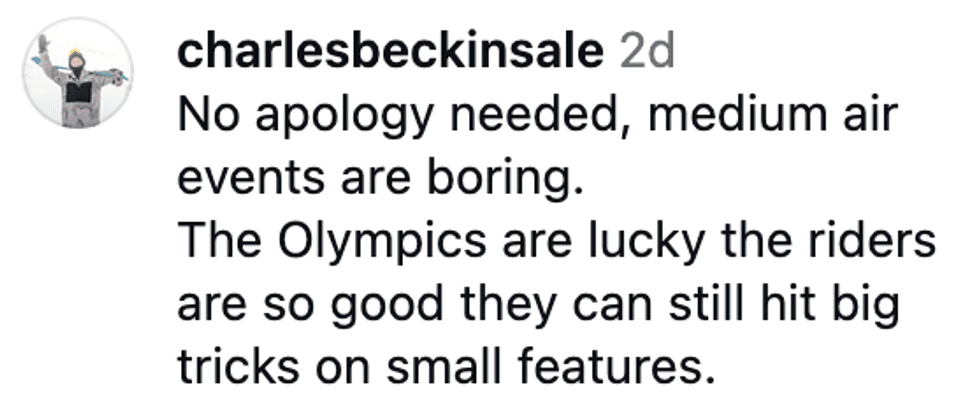 @charlesbeckinsale/Instagram
@charlesbeckinsale/Instagram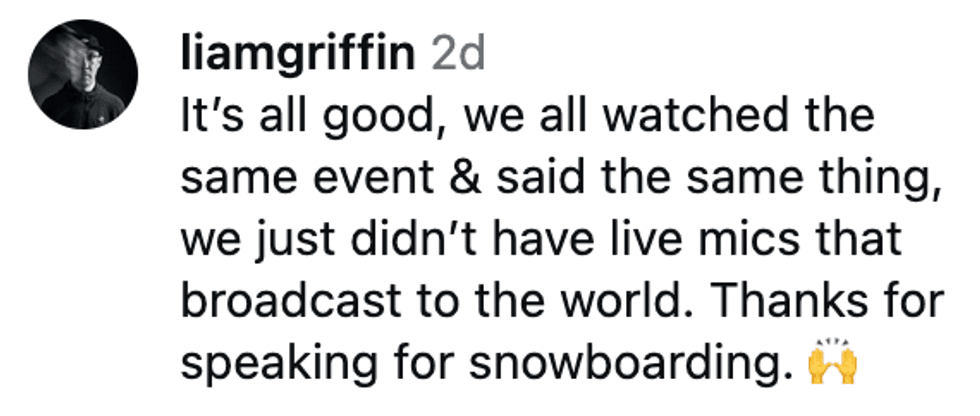 @liamgriffin/Instagram
@liamgriffin/Instagram @valentinoguseli/Instagram
@valentinoguseli/Instagram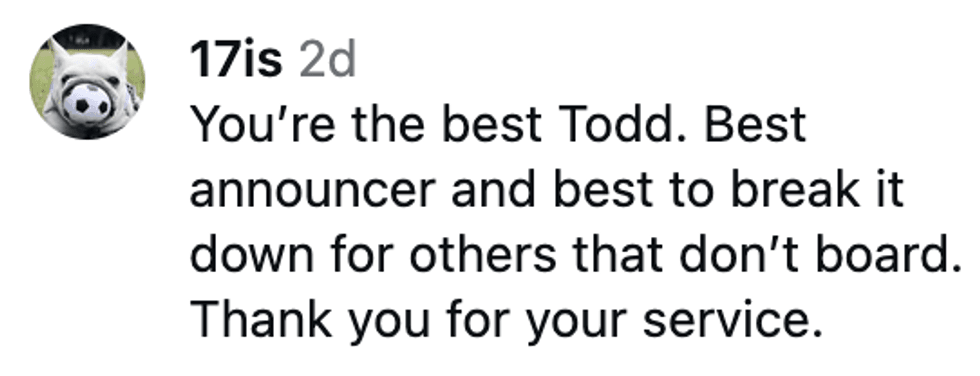 @17is/Instagram
@17is/Instagram @torahbright/Instagram
@torahbright/Instagram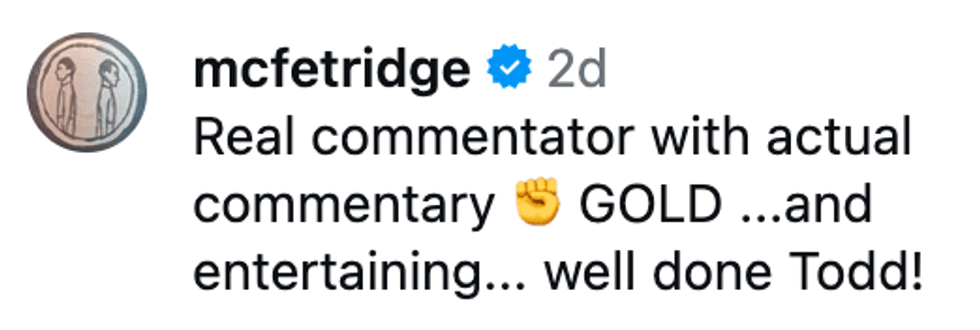 @mcfetridge/Instagram
@mcfetridge/Instagram @colleenquigley/Instagram
@colleenquigley/Instagram @jonathanwaynefreeman/Instagram
@jonathanwaynefreeman/Instagram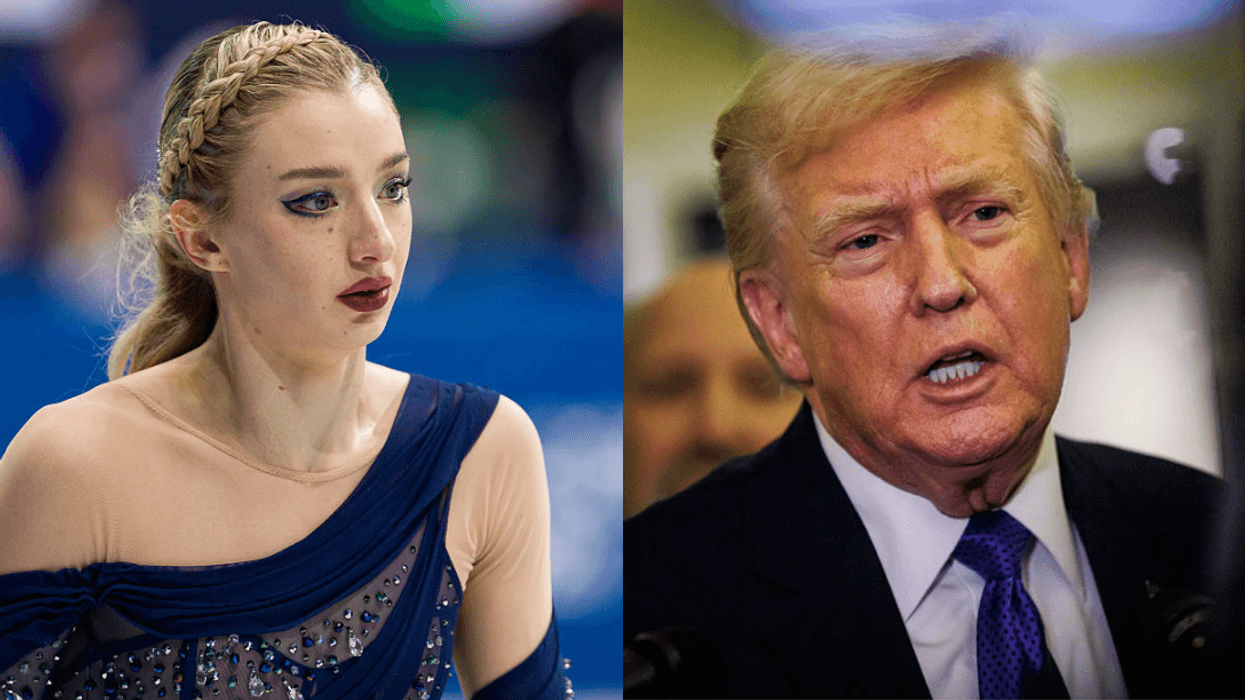
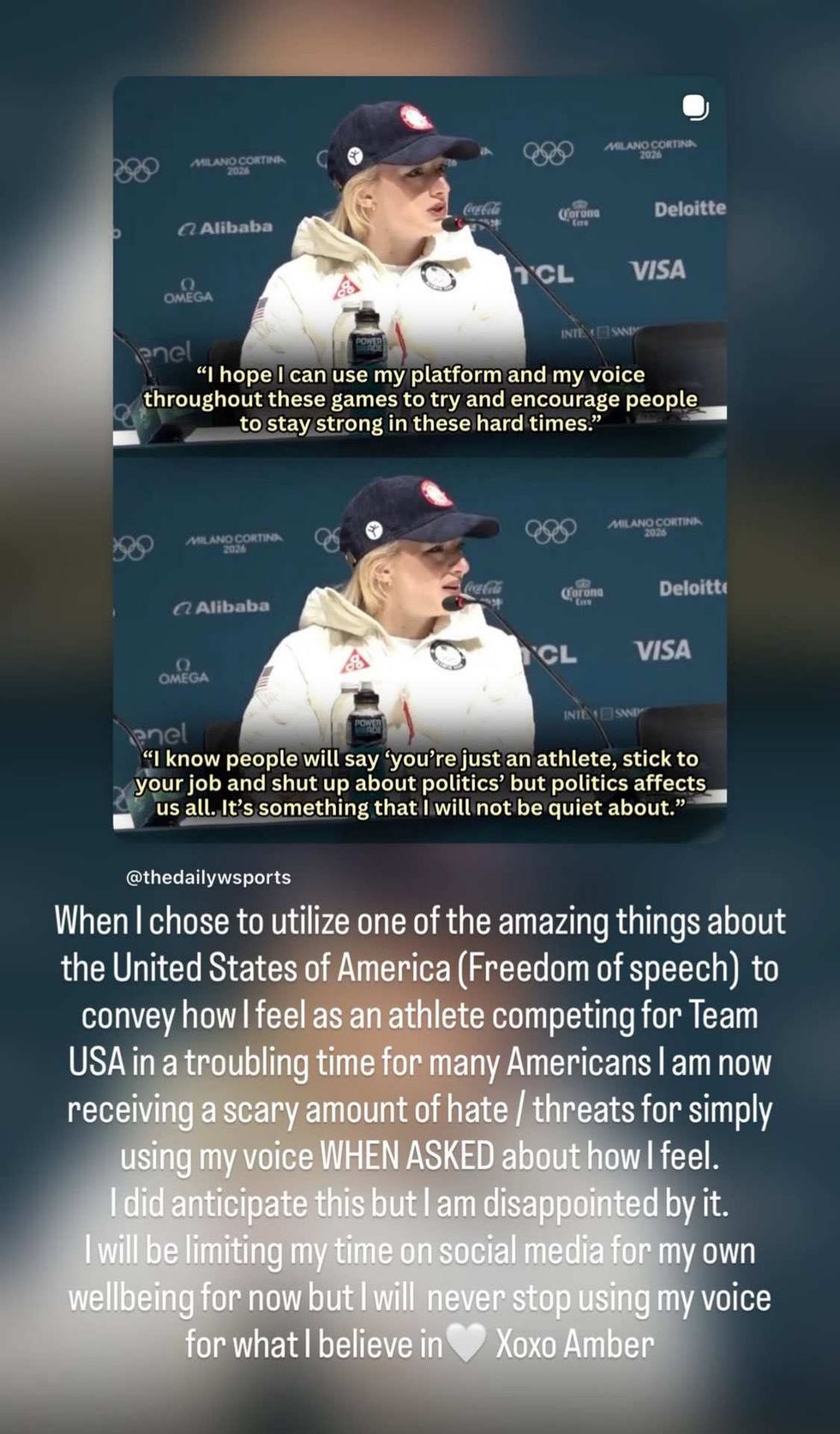 @amberglenniceskater/Instagram
@amberglenniceskater/Instagram